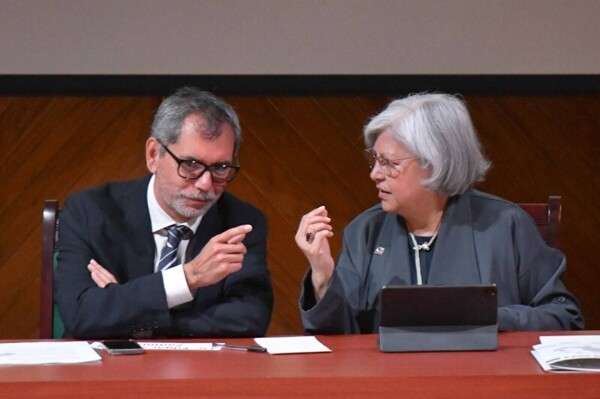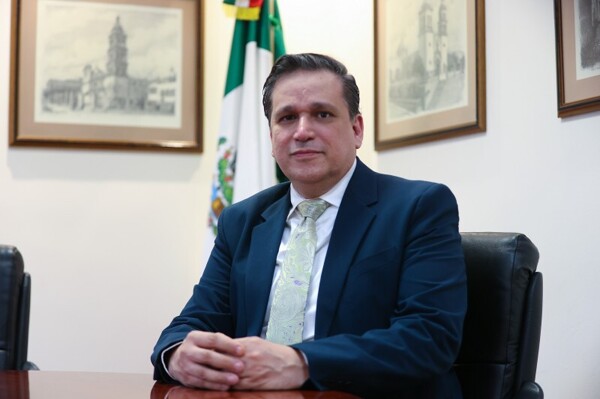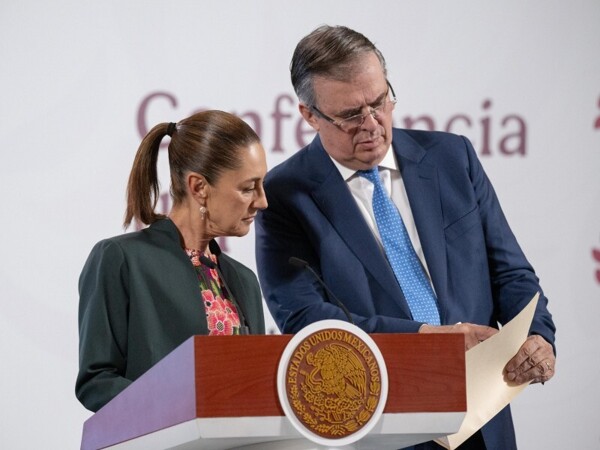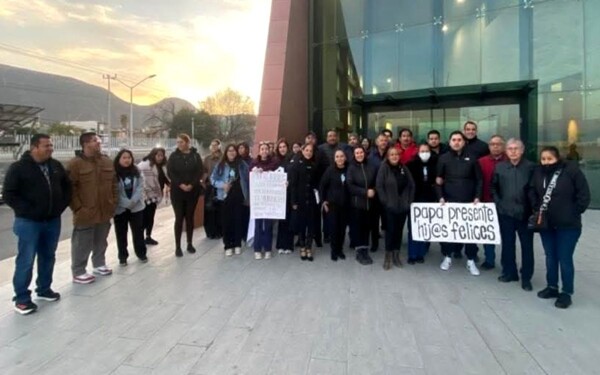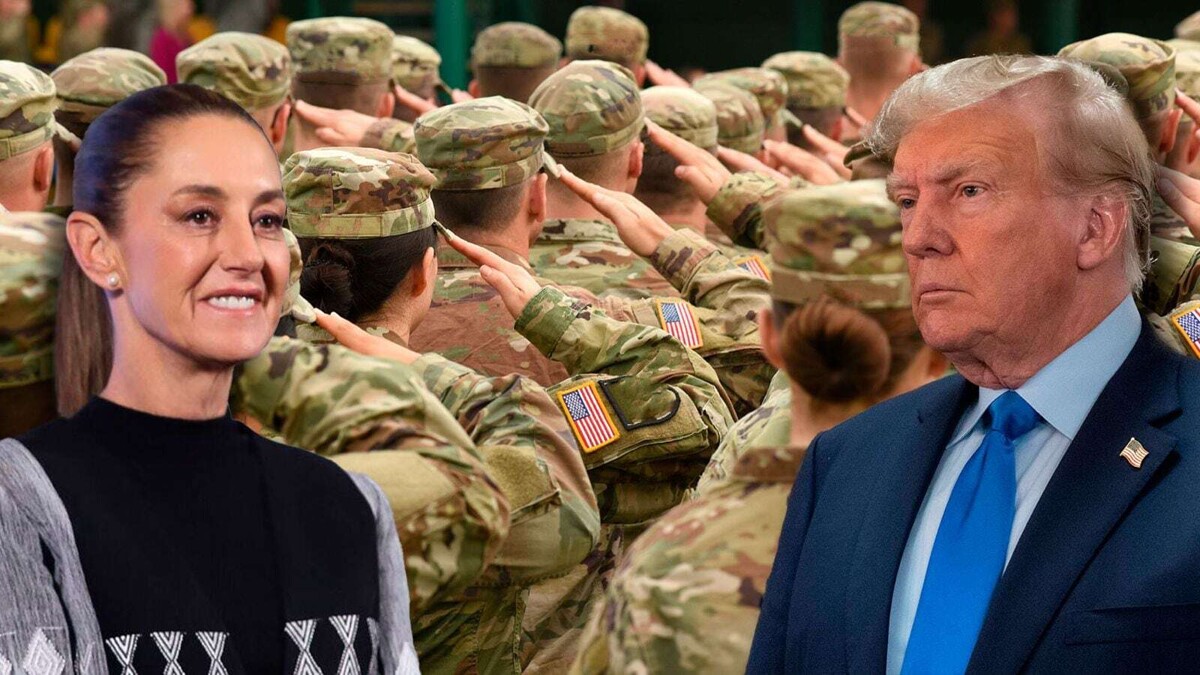
The last telephone conversation between President Claudia Sheinbaum and President Donald Trump lasted 10 minutes and focused on reducing the U.S. trade deficit with Mexico and reconciling tariffs with Trump's wishes. In contrast to what was originally reported, the revelation from the New York newspaper shed light on the reason behind the duration of the call. In response to Trump's claims about the influence of criminal cartels in Mexico, Sheinbaum firmly rejected such assertions. Despite bilateral meetings, no agreement has been reached on the issue.
During the conversation on April 16, which lasted 45 minutes, Sheinbaum expressed her refusal of a possible U.S. military intervention. Despite attempts to reduce tariffs on steel and aluminum, as well as demands in other sectors such as water, Mexico has not been able to meet Trump's demands. Pressure has increased with unprecedented threats of interventionism due to perceived negligence in the fight against cartels.
Trump's request to allow the participation of U.S. troops in the fight against the cartels, confirmed by Sheinbaum, has raised concerns. The relationship between the two countries has experienced tensions, especially with the fentanyl crisis in the U.S. and former Mexican President López Obrador's stance of immunity toward the cartels. Although the discussions were officially about trade and tariffs, there is speculation in Mexico about the tension experienced during the call.
The relationship between Mexico and the U.S. is at one of its most critical moments. Recent conversations have been described as "cordial" and "productive" by both sides. The U.S. seeks for the Attorney General's Office to initiate investigations against individuals linked to organized crime. As a result, a list of potential individuals who could lose their U.S. visas has begun to be compiled.
Although the meetings have been superficially described as positive, the tensions and challenges faced in the dialogues reflect a more complicated situation. The public pressure from the U.S. government, along with Sheinbaum's confirmation, demonstrates the delicate political balance being maintained in the region.











